
Beta-Blocker Dos and Don’ts
💊 Beta-Blockers: Dos and Don’ts for Maximum Benefit and Safety
Beta-blockers are commonly prescribed medications used to treat a variety of heart-related conditions, including high blood pressure, arrhythmias, and heart failure. While they can be highly effective, getting the most out of beta-blockers—and avoiding unwanted side effects—requires careful attention to how you take them and what lifestyle choices you make.
✅ What You Should Do
-
Take Them Consistently: Always follow your doctor’s instructions and take beta-blockers at the same time each day. Consistency helps maintain stable blood levels and improves effectiveness.
-
Monitor Your Blood Pressure and Heart Rate: Regular tracking can help you and your doctor adjust your dosage if needed.
-
Stay Hydrated and Eat Balanced Meals: A healthy diet supports cardiovascular health and may reduce side effects.
-
Inform Your Doctor About Other Medications: Beta-blockers can interact with other drugs, including over-the-counter cold medicines and supplements.
-
Exercise Moderately: Physical activity is important, but beta-blockers may lower your heart rate, so adjust your intensity accordingly.
💡 Extra Tip: If you experience fatigue or dizziness, let your doctor know—these are common side effects that may be manageable with dosage adjustments.
❌ What You Should Avoid
-
Don’t Stop Suddenly: Abruptly discontinuing beta-blockers can lead to serious complications, including chest pain or heart attack. Always taper off under medical supervision.
-
Avoid Excessive Alcohol and Caffeine: These substances can interfere with the medication’s effects and worsen side effects.
-
Don’t Skip Doses: Missing doses can reduce the drug’s effectiveness and destabilize your condition.
-
Avoid High-Stress Situations Without Coping Strategies: Stress can counteract the benefits of beta-blockers. Consider relaxation techniques like meditation or deep breathing.
-
Don’t Ignore Side Effects: Symptoms like shortness of breath, swelling, or depression should be reported immediately.
📌 Note: Beta-blockers may mask symptoms of low blood sugar in diabetics, so extra monitoring is essential.
🧠 Understanding Beta-Blockers Better
Beta-blockers work by blocking the effects of adrenaline, slowing your heart rate and reducing blood pressure. They’re often prescribed for:
-
Hypertension
-
Angina
-
Heart failure
-
Post-heart attack recovery
-
Migraine prevention
-
Anxiety (in some cases)
There are different types of beta-blockers, such as selective (targeting the heart) and non-selective (affecting other parts of the body). Your doctor will choose the right one based on your condition.
🩺 Final Thoughts
Beta-blockers can be life-changing when used correctly. They’re not just pills—they’re part of a broader strategy to protect your heart and improve your quality of life. By following the dos and avoiding the don’ts, you can maximize their benefits while minimizing risks.
News in the same category


Early Signs of Liver Damage You Shouldn’t Ignore

Wrinkles Aren’t Just a Sign of Aging – Here’s What’s REALLY Causing Them

This is World’s ‘Most Lethal’ Food That Claims 200 Lives Annually

The danger of storing this in the refrigerator: a common habit that can affect your health

There is one thing you must unplug every time it rains or thunders
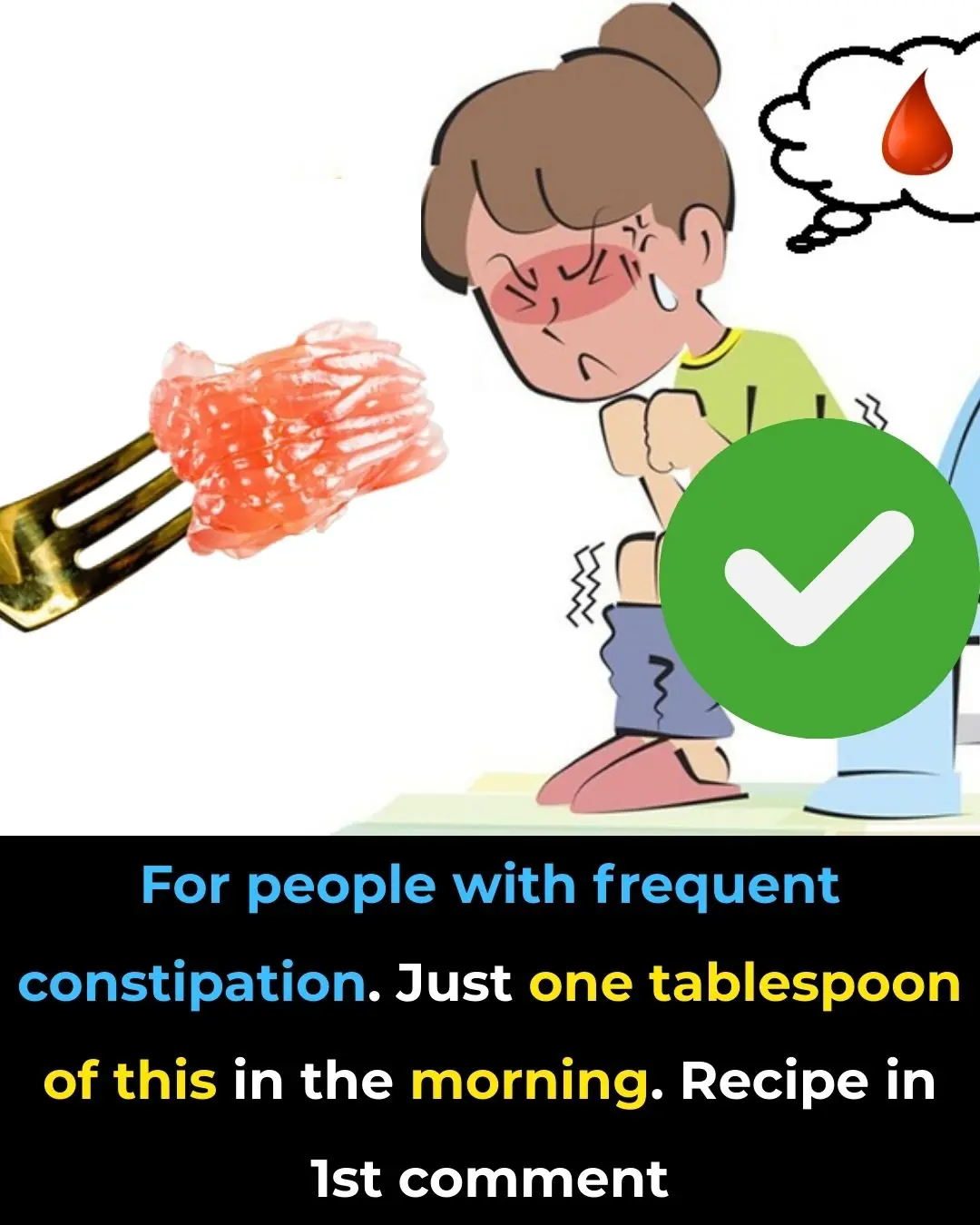
Just one spoon and you’ll run to the bathroom

Why Is One Knee Swollen but Not the Other?

A1c Testing in EDs Can Spot Undiagnosed Diabetes Cases

Recurring UTIs? 9 Proven Nonantibiotic Solutions

10 powerful plants to eliminate excess mucus and phlegm naturally
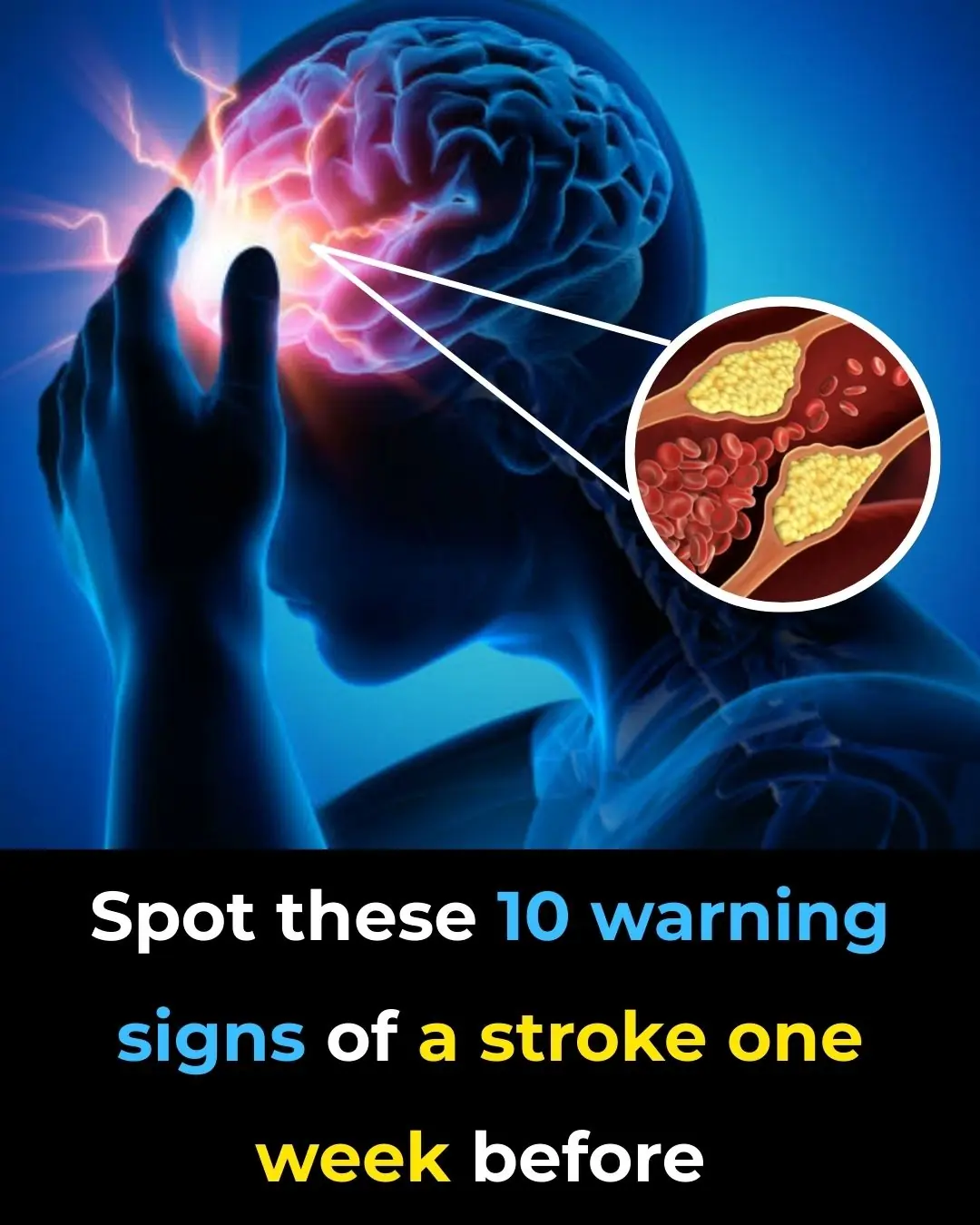
Spot these 10 warning signs of a stroke one week before
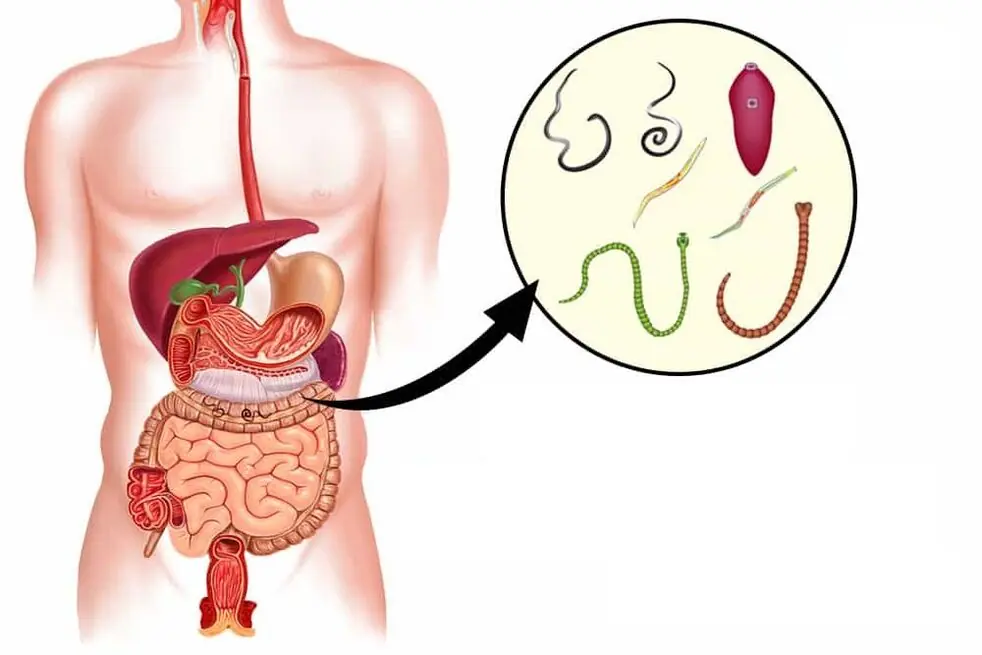
How to Get Rid of Worms in Humans

Proven Foods to Beat Gas and Bloating and Flatten Your Stomach

How to Make Lavender Lemonade to Help Get Rid of Headaches and Anxiety

1 shot to open arteries instantly (prevent heart attack & stroke)
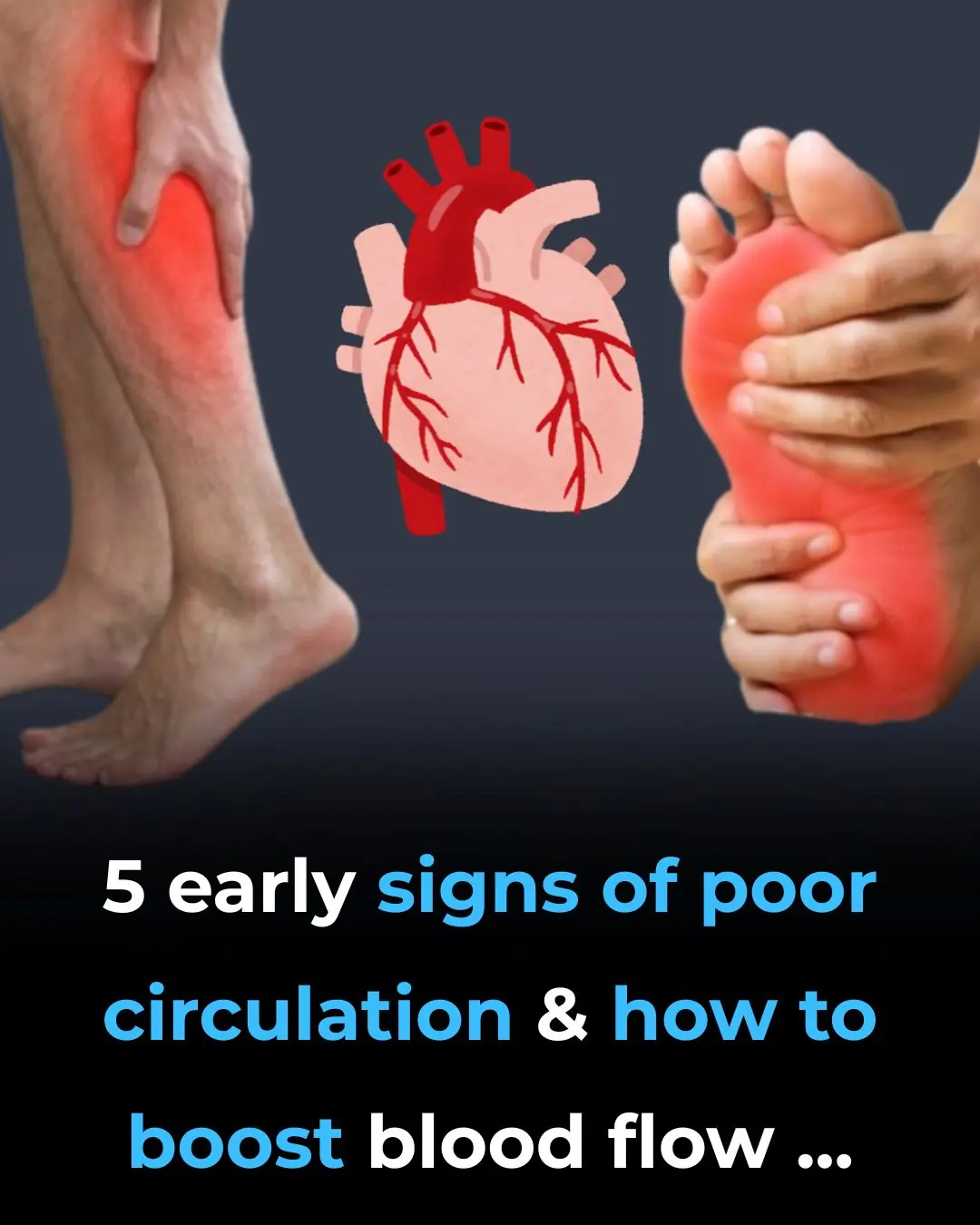
5 early signs of poor circulation & how to boost blood flow
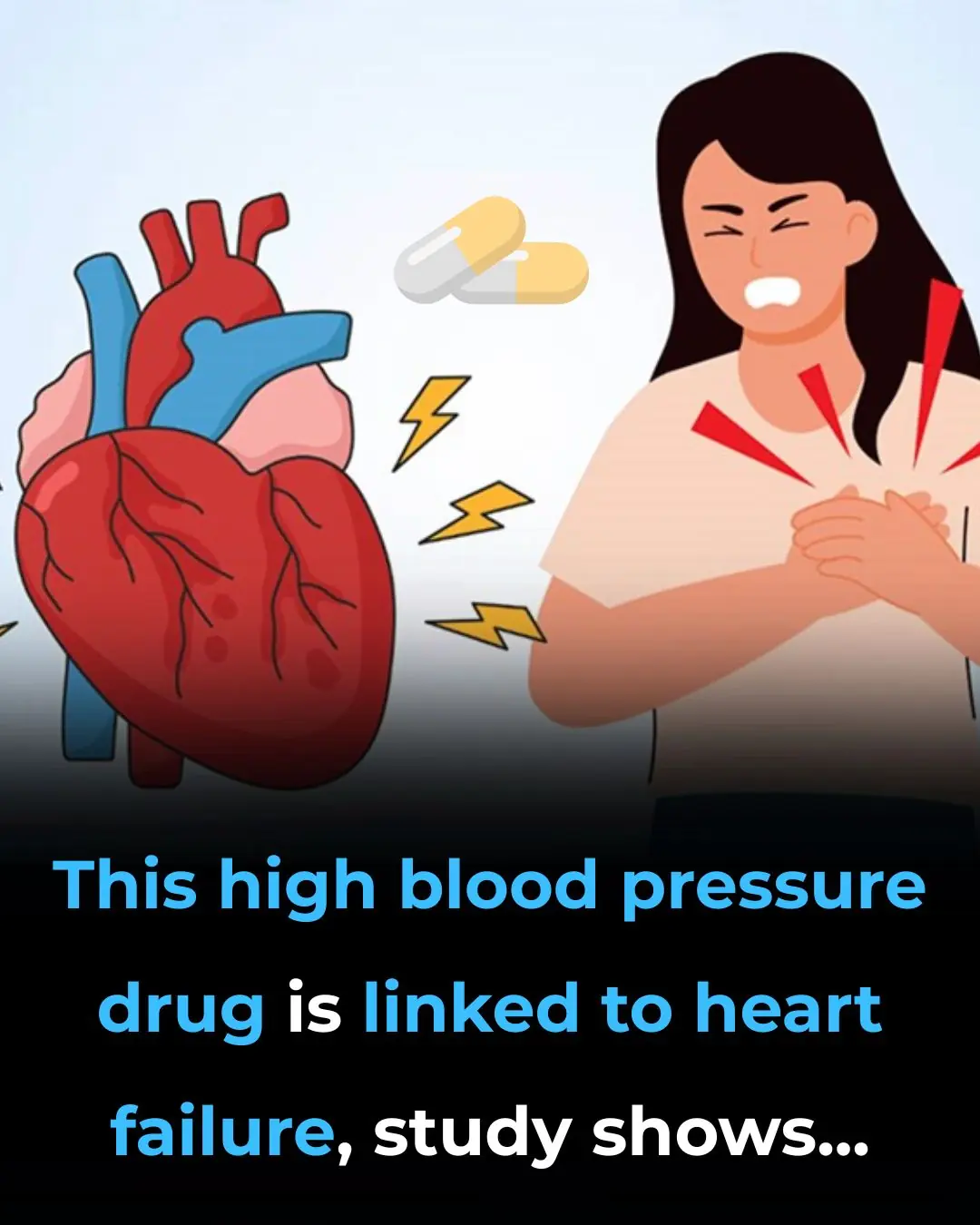
High Blood Pressure Drug Linked to Heart Failure, Study Shows
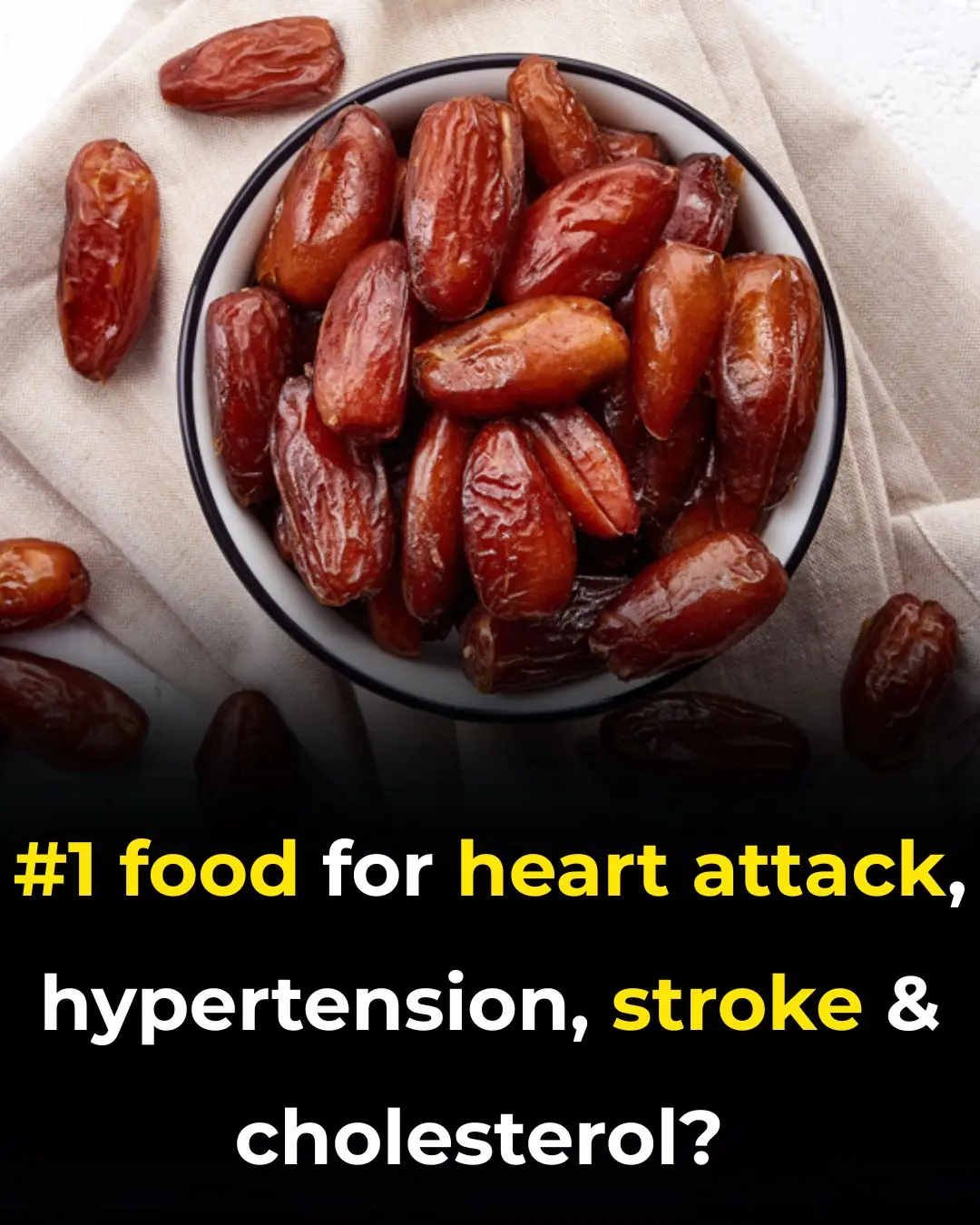
1 food for heart attack, hypertension, stroke and cholesterol?
News Post

Bizarre truth behind viral Tennessee truck stop that's impossible to visit

You Won’t Believe How Easy It Is To Get Rid Of Warts And Skin Tags With This Trick

Early Signs of Liver Damage You Shouldn’t Ignore

Wrinkles Aren’t Just a Sign of Aging – Here’s What’s REALLY Causing Them

Drift Off in Under Two Minutes with This Military-Approved Sleep Technique

This is World’s ‘Most Lethal’ Food That Claims 200 Lives Annually

The danger of storing this in the refrigerator: a common habit that can affect your health

There is one thing you must unplug every time it rains or thunders

Just one spoon and you’ll run to the bathroom

Why Is One Knee Swollen but Not the Other?

A1c Testing in EDs Can Spot Undiagnosed Diabetes Cases

Recurring UTIs? 9 Proven Nonantibiotic Solutions

10 powerful plants to eliminate excess mucus and phlegm naturally

Spot these 10 warning signs of a stroke one week before

🦷 Understanding Tooth Decay and Remineralization

🧄 Health Benefits of Eating Raw Garlic Daily

🌿 Stinging Nettle (Urtica dioica): 17 Remarkable Benefits You Should Know

Pokeweed (Phytolacca americana): A Toxic Plant to Avoid

Aloe Vera and Clove Toner: A Natural Remedy for Aging Signs
